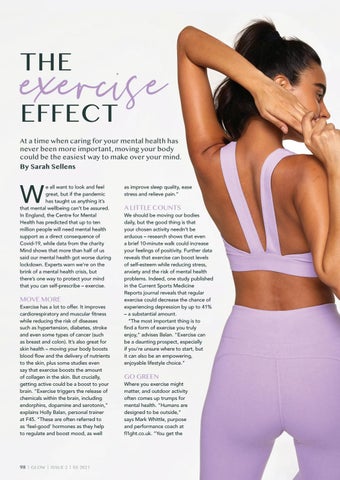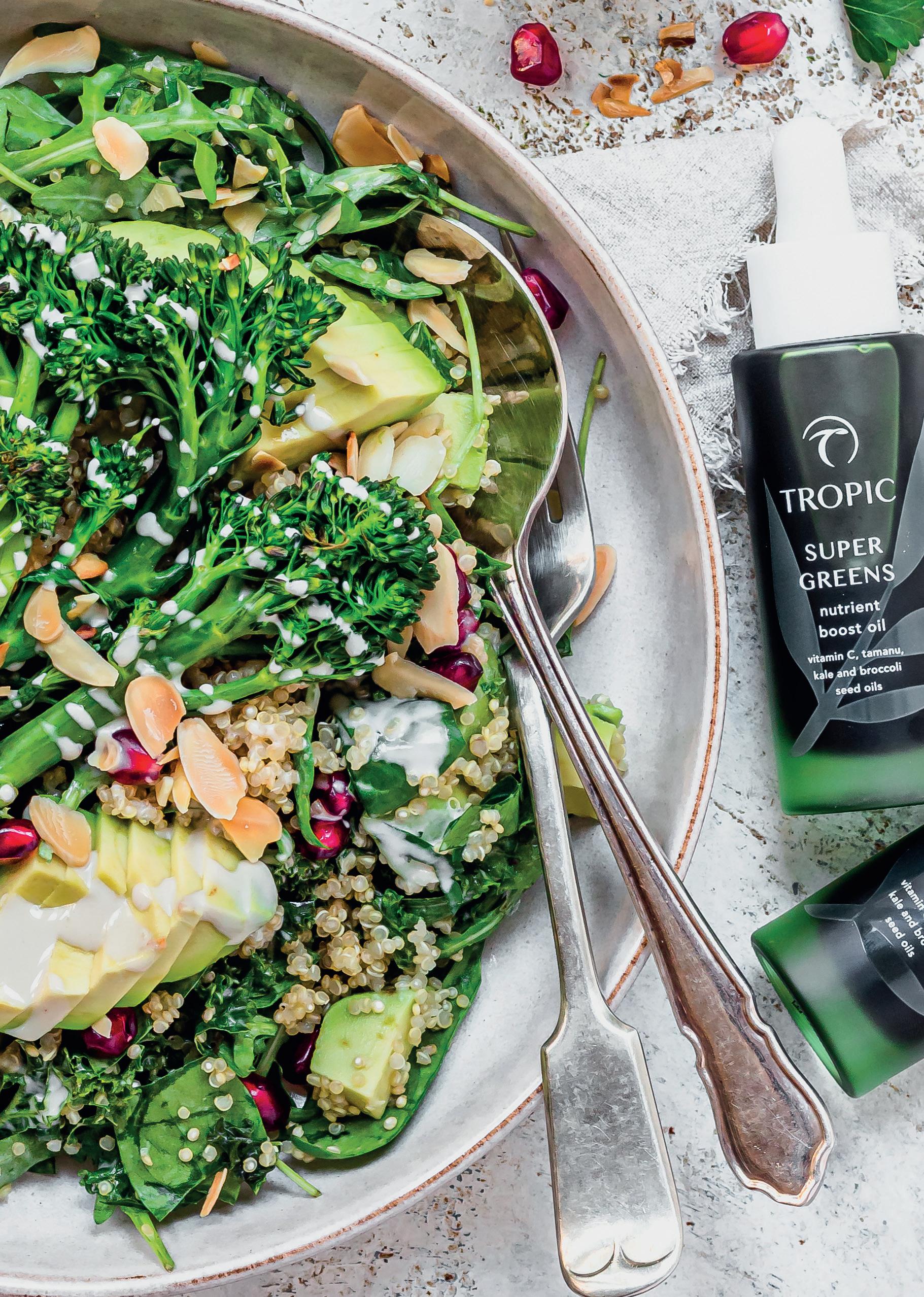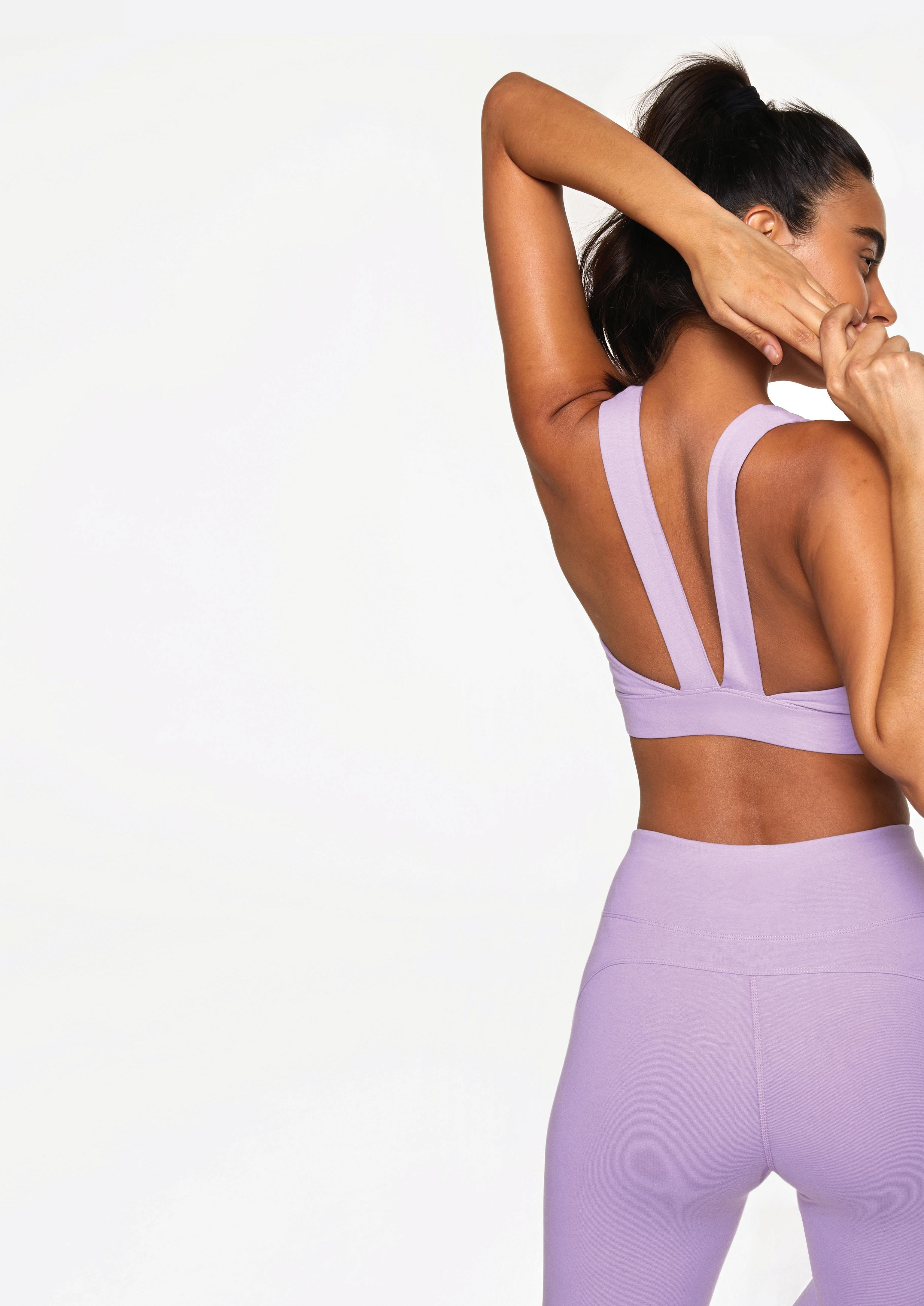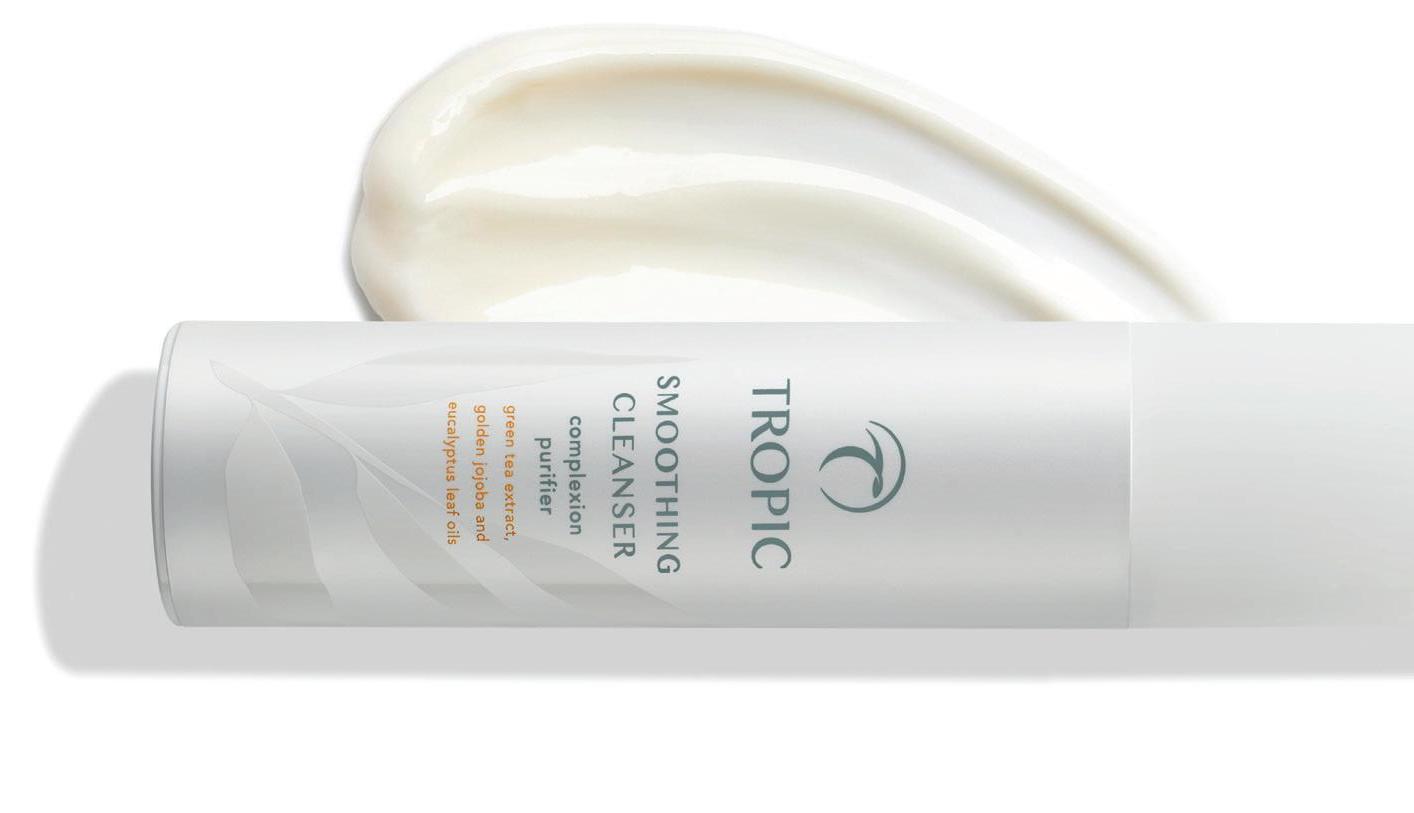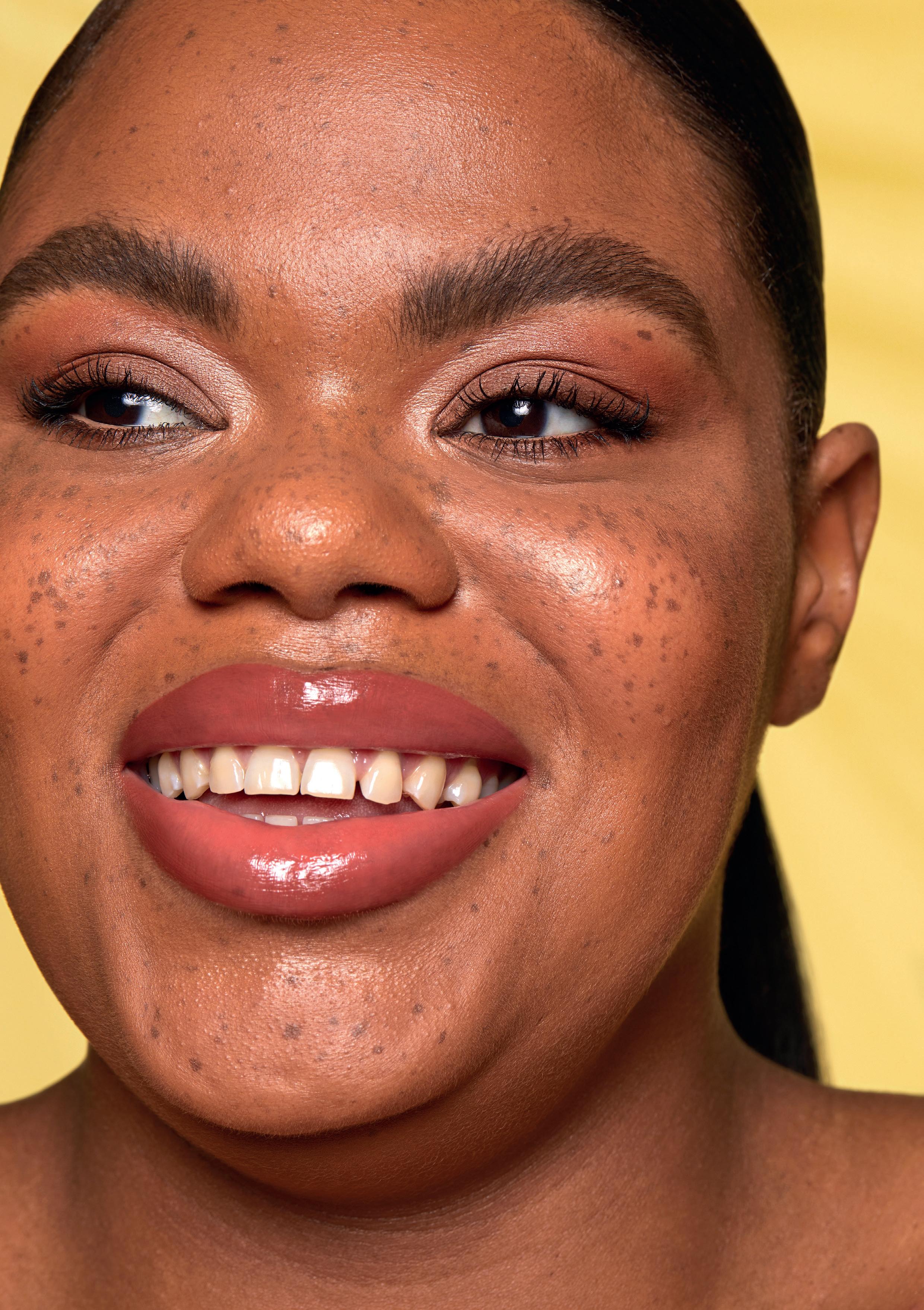exercise
THE
EFFECT
At a time when caring for your mental health has never been more important, moving your body could be the easiest way to make over your mind. By Sarah Sellens
W
e all want to look and feel great, but if the pandemic has taught us anything it’s that mental wellbeing can’t be assured. In England, the Centre for Mental Health has predicted that up to ten million people will need mental health support as a direct consequence of Covid-19, while data from the charity Mind shows that more than half of us said our mental health got worse during lockdown. Experts warn we’re on the brink of a mental health crisis, but there’s one way to protect your mind that you can self-prescribe – exercise.
MOVE MORE
Exercise has a lot to offer. It improves cardiorespiratory and muscular fitness while reducing the risk of diseases such as hypertension, diabetes, stroke and even some types of cancer (such as breast and colon). It’s also great for skin health – moving your body boosts blood flow and the delivery of nutrients to the skin, plus some studies even say that exercise boosts the amount of collagen in the skin. But crucially, getting active could be a boost to your brain. “Exercise triggers the release of chemicals within the brain, including endorphins, dopamine and serotonin,” explains Holly Balan, personal trainer at F45. “These are often referred to as ‘feel-good’ hormones as they help to regulate and boost mood, as well
98 | GLOW | ISSUE 2 | SS 2021
as improve sleep quality, ease stress and relieve pain.”
A LITTLE COUNTS
We should be moving our bodies daily, but the good thing is that your chosen activity needn’t be arduous – research shows that even a brief 10-minute walk could increase your feelings of positivity. Further data reveals that exercise can boost levels of self-esteem while reducing stress, anxiety and the risk of mental health problems. Indeed, one study published in the Current Sports Medicine Reports journal reveals that regular exercise could decrease the chance of experiencing depression by up to 41% – a substantial amount. “The most important thing is to find a form of exercise you truly enjoy,” advises Balan. “Exercise can be a daunting prospect, especially if you’re unsure where to start, but it can also be an empowering, enjoyable lifestyle choice.”
GO GREEN
Where you exercise might matter, and outdoor activity often comes up trumps for mental health. “Humans are designed to be outside,” says Mark Whittle, purpose and performance coach at fl1ght.co.uk. “You get the
